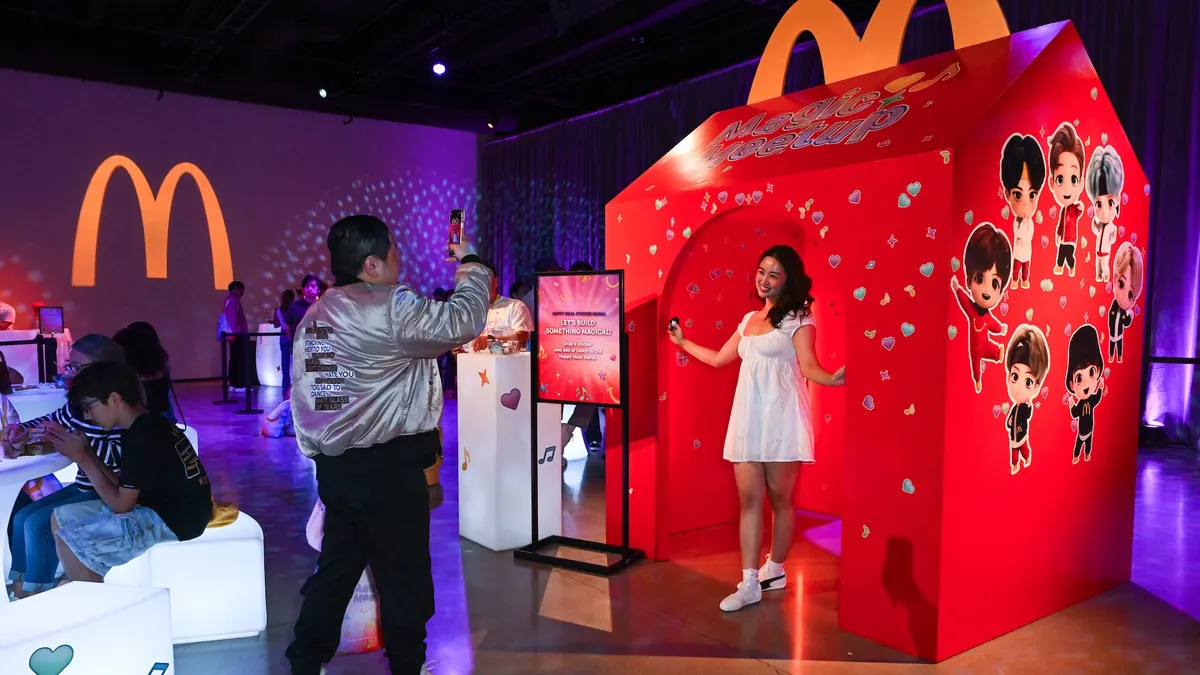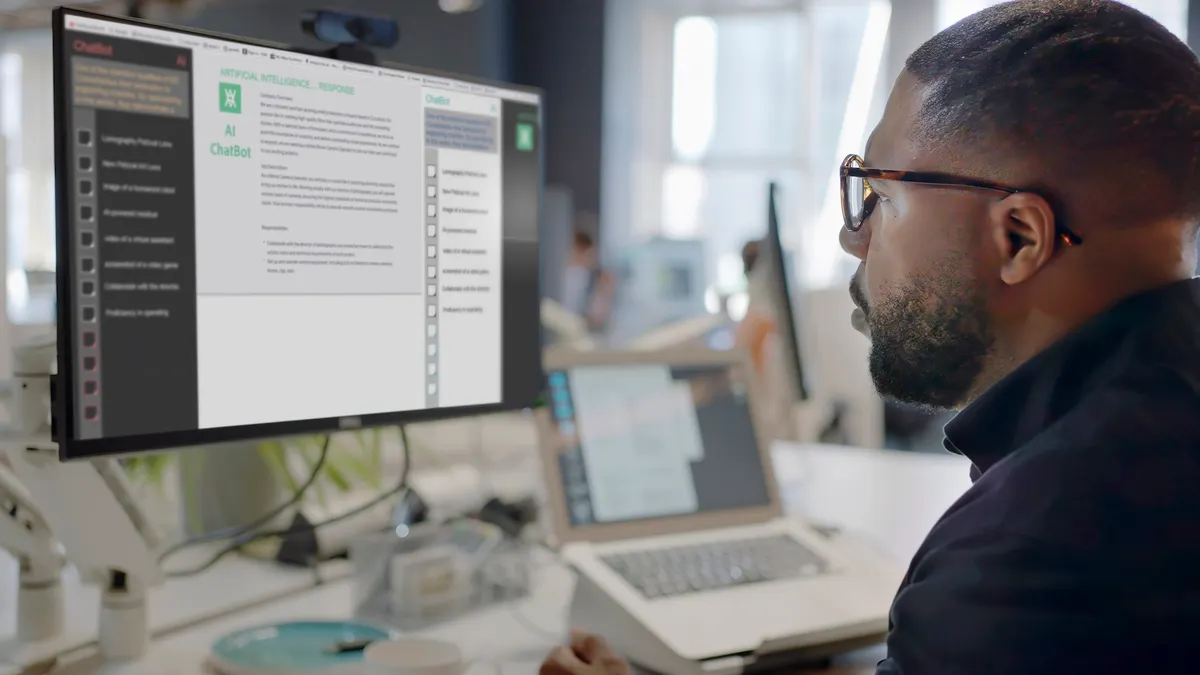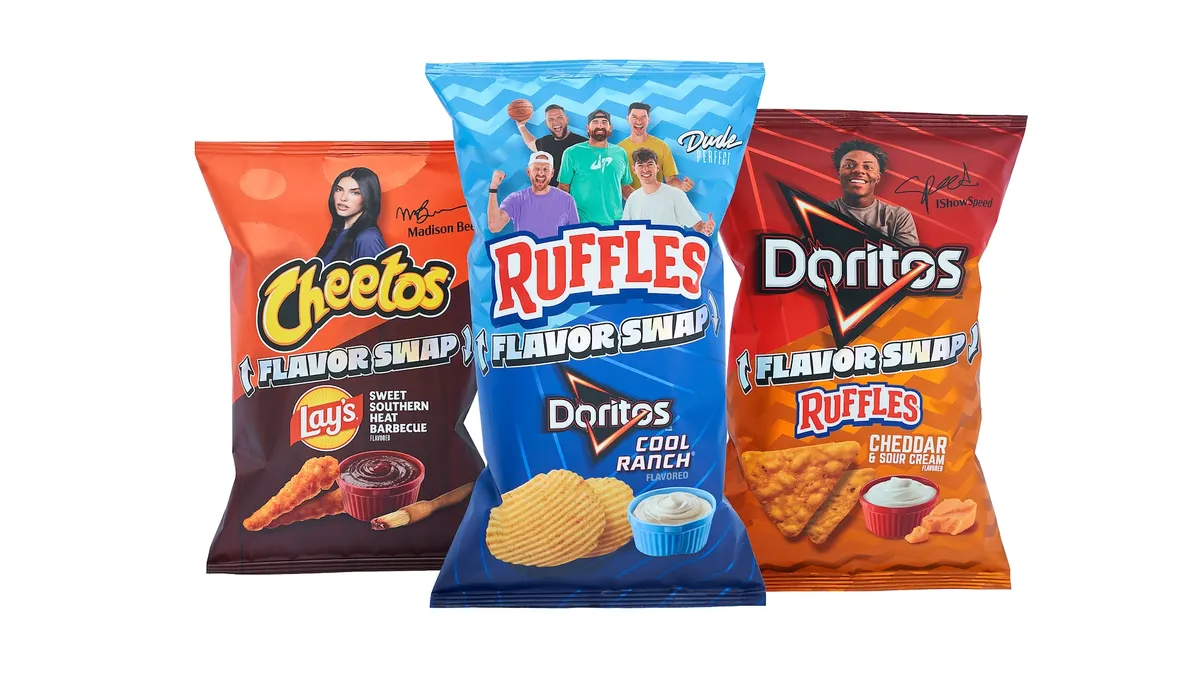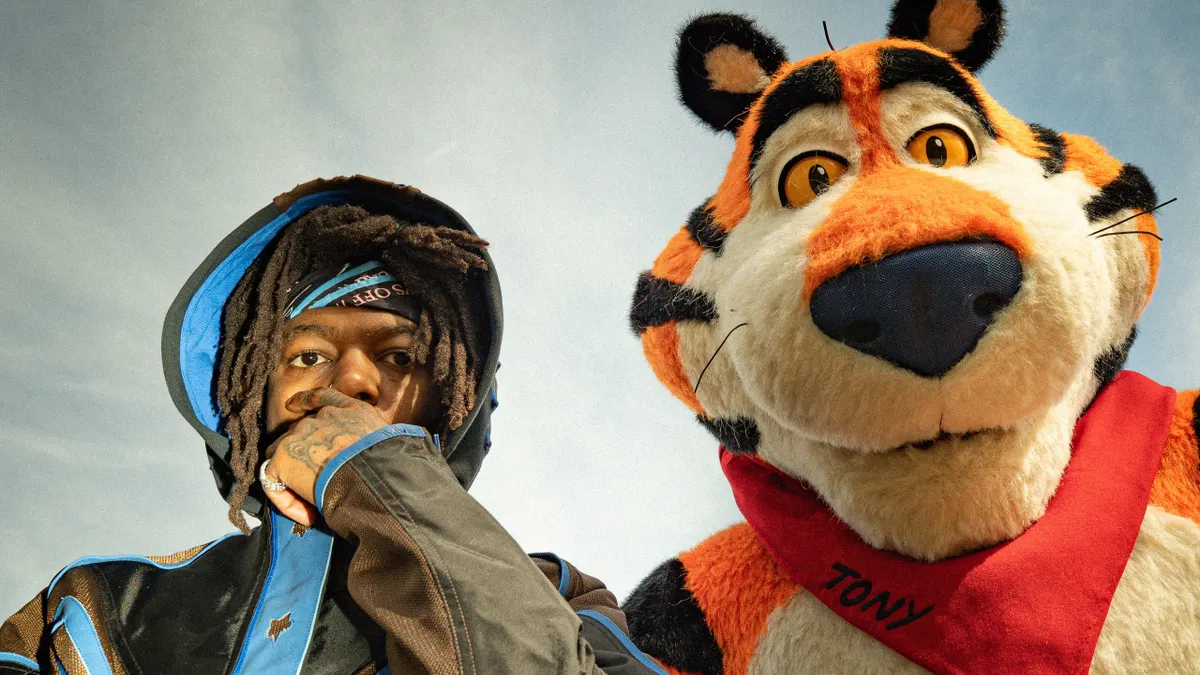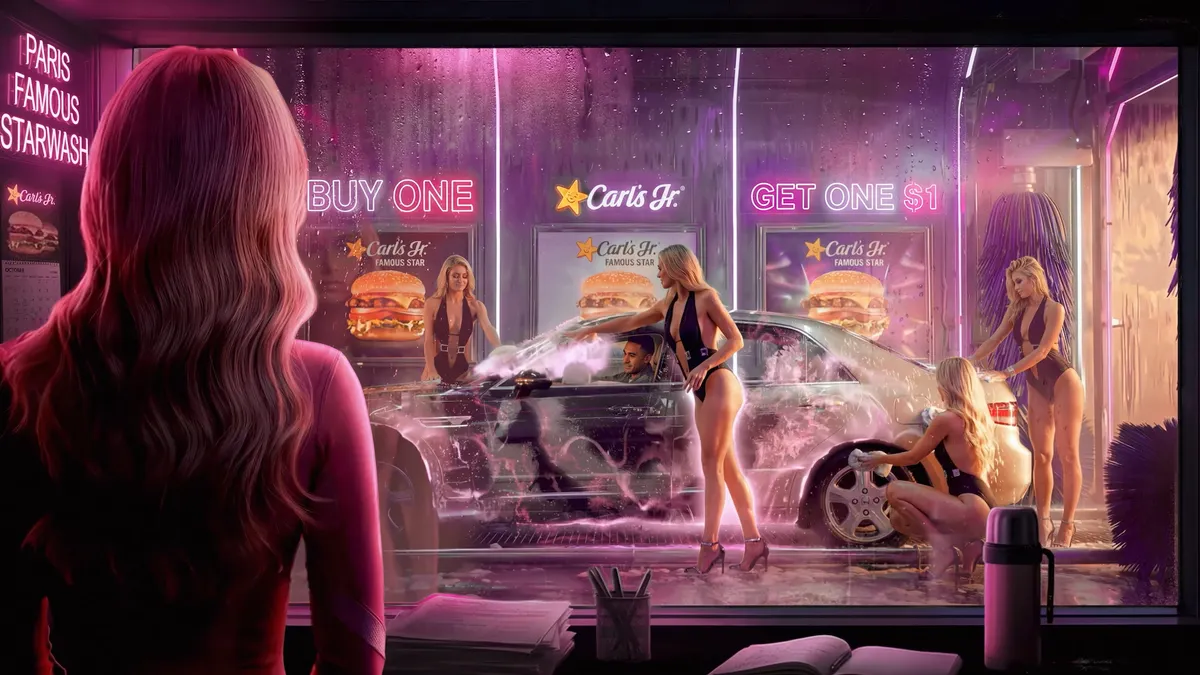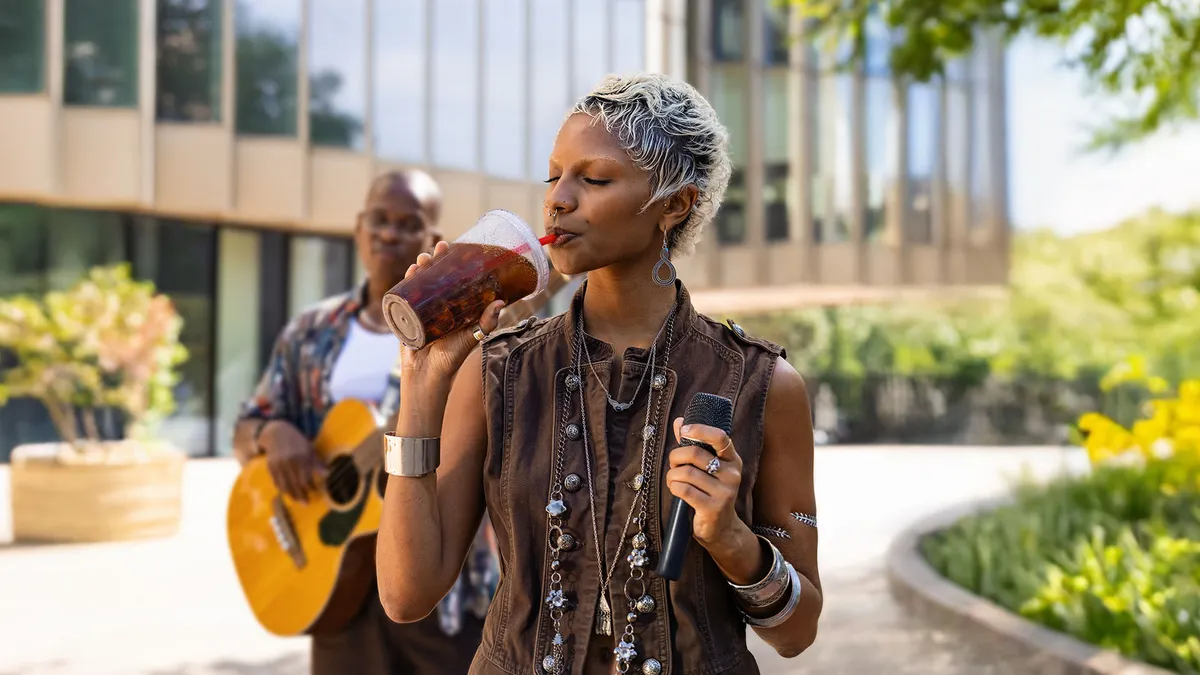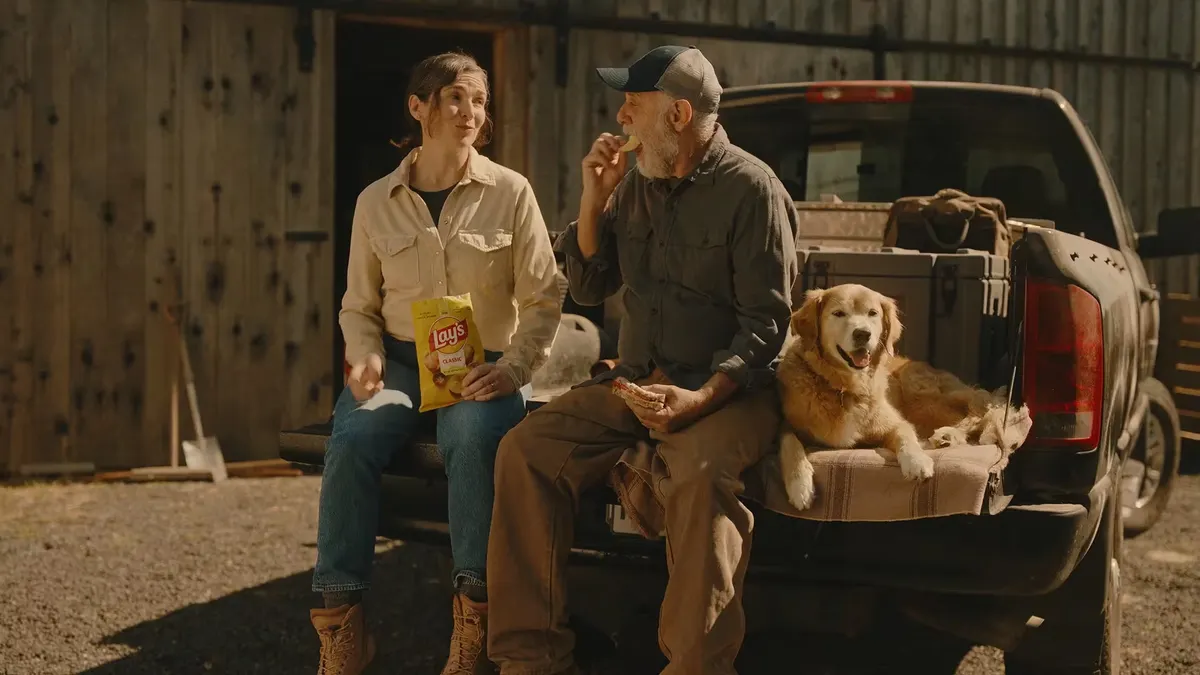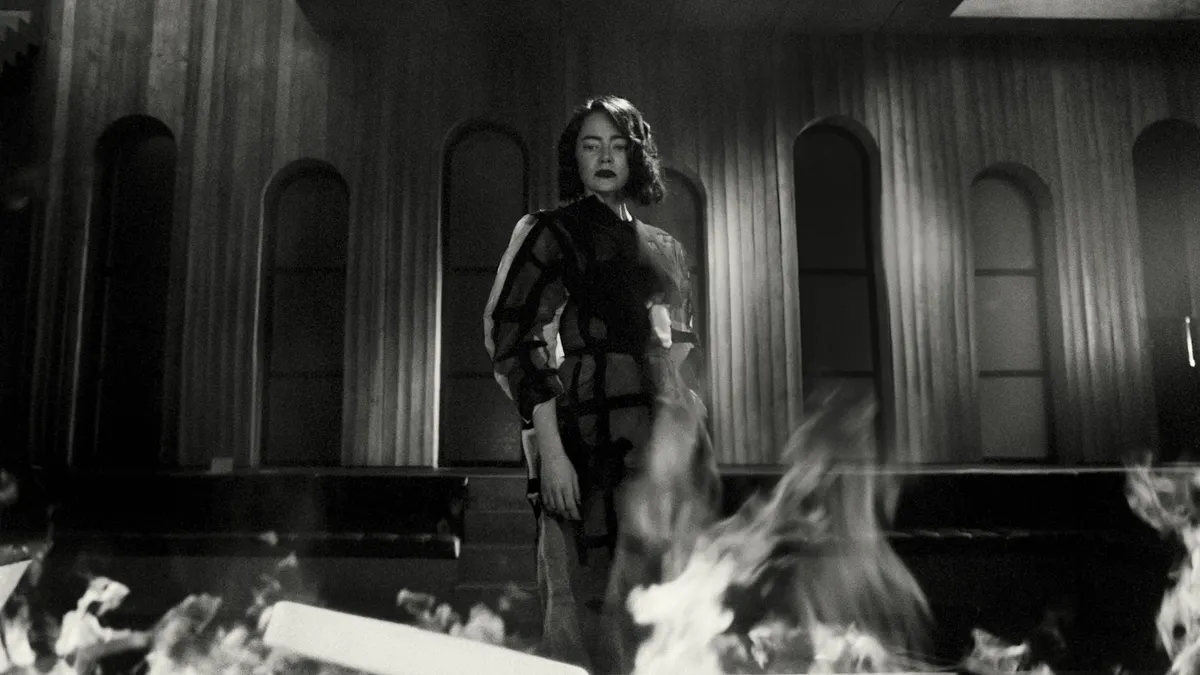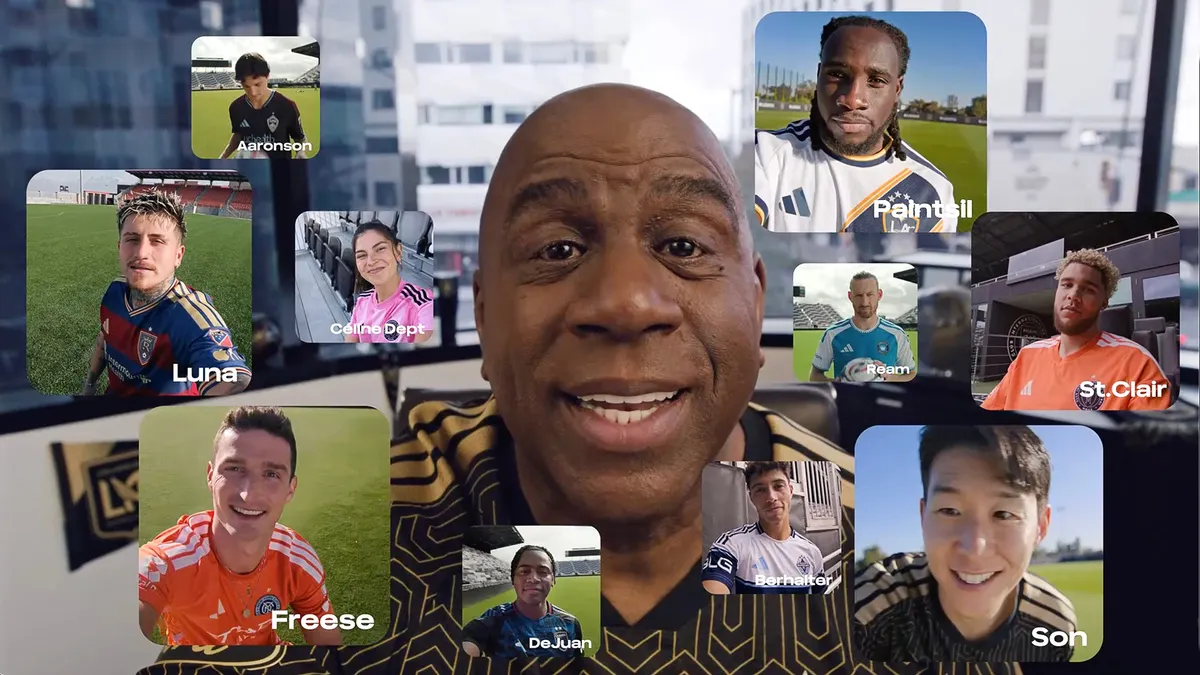While the fictional groups of Netflix’s surprise hit “KPop Demon Hunters” have dominated K-pop discourse in 2025, next year will see the genre’s most popular band return to streamers, stereos and stages across the world. BTS, the record-setting boy band formed in 2010, will be back for the first time since 2022, as its members have completed their mandatory South Korean military service.
To help build — and benefit from — buzz around the return of BTS, McDonald’s recently worked with agency IW Group to bring a part of BTS fandom to life in Los Angeles. From Sept. 26-28, more than 3,000 fans attended the TinyTAN Happy Meal Magic Meet-Up. TinyTAN characters are animated versions of BTS band members that have appeared as toys, in video content and, earlier in September, as Happy Meal figurines.
The cultural play, which the brand’s agency reported attracted fans of all ages, is one way that McDonald’s is trying to forge stronger connections to consumers who are expected to continue to face economic headwinds into 2026. The chain’s U.S. comparable sales grew 2.4% in Q3 2025, an increase it attributed in part to a $40 million incremental marketing spend around its value menu.
“This activation was not just about food; it was about belonging. Fans could interact, create, and share magical moments in person, embodying the creativity, optimism, and connection that define the TinyTAN experience,” said Betsy Lotspeich, McDonald’s marketing manager for campaigns, in emailed comments.
The TinyTAN Happy Meal toys and Magic Meet-Up built on the success of McDonald’s 2021 collaboration with BTS, as part of its popular Famous Orders platform, that included in-app content, a merch line and national TV advertising. That initial effort lifted app installs, daily average app users and netted millions of impressions for McDonald’s. To re-engage the group’s fans — the self-described BTS Army — McDonald’s enlisted IW Group to amplify the TinyTAN partnership and tap into renewed interest around BTS as its hiatus comes to an end.
The Magic Meet-Up experience took about 45 minutes to explore and included photo opps, claw machines, a dance experience, a mini version of a McDonald’s that turned into an audio-visual disco, a mocktail bar and, of course, McDonald’s food. While the BTS meal engaged consumers digitally and in restaurants, the meet-up was intended to be a fully sensory, interactive celebration.
“What better than to create an opportunity for all the fans to get together, who haven't seen each other in about three years, to come together and experience and celebrate their fandom,” said IW Group Chief Creative and Innovation Officer Telly Wong.
Measuring fandom
As with any cultural play, McDonald’s marketing around BTS required an authentic touch to foster connections with fans and consumers. The IW Group team included several members of the BTS Army and K-pop fans in general, including some folks who worked on the 2021 BTS campaign and had encouraged McDonald’s to mimic an album roll out when releasing the BTS meal. The need for authenticity is especially true with regards to K-pop fandom, where global fan bases exert their power online and in stores.
“What really differentiates [the fandom] is the vastness of the community online, but also how they are able to translate their influence online and bring it into real life experiences,” Wong said. “When the BTS Army gets behind something, you actually see the impact in the real world. It's not just social chatter.”
To measure that impact, McDonald’s and IW Group focus on traditional key performance indicators (KPIs), including attendance, engagement, social reach, earned media and brand sentiment, as well as real-time feedback about the fan experience around social chatter, user-generated content and post-event sentiment.
“At the TinyTAN Magic Meet-Up, the long lines, diverse guests and broad range of ages showed we reached both dedicated fans and everyday customers,” said Lotspeich. “We continue to monitor how fans create and engage after the event, which shows the lasting impact of these shared moments.”
Inclusivity continues
While McDonald’s work with IW Group has focused on the agency’s roots in the Asian American and Pacific Islander space and fan-driven communities around anime and K-pop, the meet-up in September became a mass-market activation that helped the brand reach a fandom that has grown beyond just Asian consumers.
“That's the one pivot that we see from our side, being a multicultural agency: the silos are breaking down a little bit, when it makes sense,” Wong said. “They understand that this brought a broader audience than just one particular segment and that's a great thing about working with McDonald's. They really understand culture.”
McDonald’s cultural marketing work with multicultural agencies continues, even as the chain has changed priorities around diversity, equity and inclusion, a move that brings the company in line with a larger pullback in DEI across the corporate landscape. Working with agencies like IW Group ensures that such efforts are rooted in real insights — not outside commentary, according to Lotspeich.
“We highlight creativity, fandom, and self-expression — the universal human experiences that transcend barriers,” she said. “Our goal is to create spaces where everyone feels welcome at the table.”


